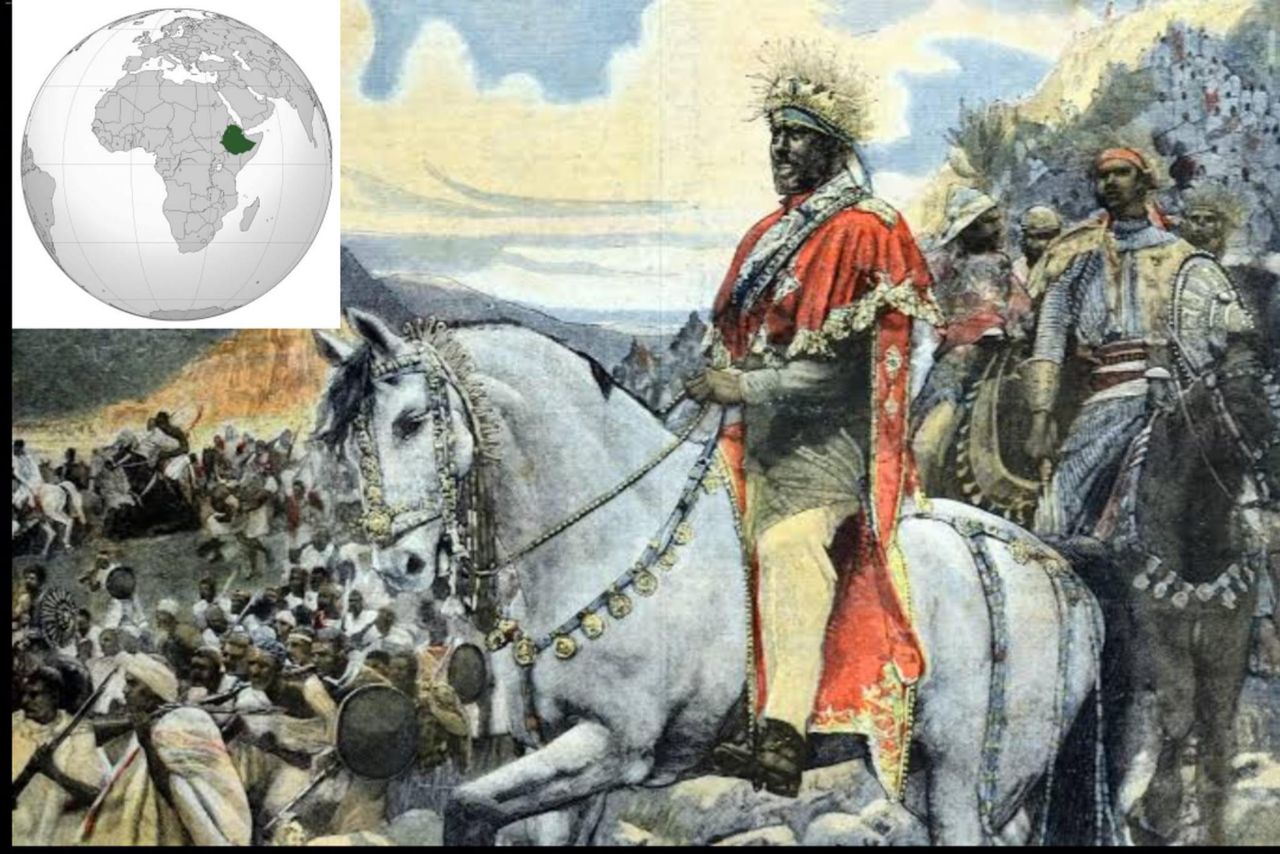By Gistmegblog
Ethiopia, a country located in the Horn of Africa, stands out as a unique gem in the continent’s history.
While most African nations celebrate their independence day, commemorating the day they broke free from colonial shackles, Ethiopia does not.
This is because Ethiopia was never formally colonized by a European power, a testament to its rich history and resilient people.
On March 1, 1896, Ethiopia made history by defeating Italy at the Battle of Adwa.
This decisive victory ensured Ethiopia’s sovereignty and independence, making it the only African country to resist colonialism successfully.
The battle is celebrated as a national triumph, and its legacy continues to inspire Ethiopians to this day.
Ethiopia’s history dates back over 3,000 years, with a rich cultural heritage that includes ancient kingdoms, empires, and dynasties.
The country has always been a melting pot of cultures, with influences from Africa, the Middle East, and Europe.
This diversity has contributed to Ethiopia’s distinct identity and strength.
While Ethiopia does not celebrate Independence Day, it observes other significant holidays that reflect its history and culture.
These include:
- May 5th: Ethiopian Patriots’ Victory Day (commemorating the defeat of Italian forces in 1941)
- September 11th: Ethiopian New Year (Enkutatesh)
- January 19th: Timkat (Ethiopian Epiphany)
Ethiopia’s story serves as a powerful reminder of African resilience and the importance of preserving cultural heritage.
As the only African nation never to be colonized, Ethiopia stands tall, a symbol of hope and inspiration for the continent and the world.



